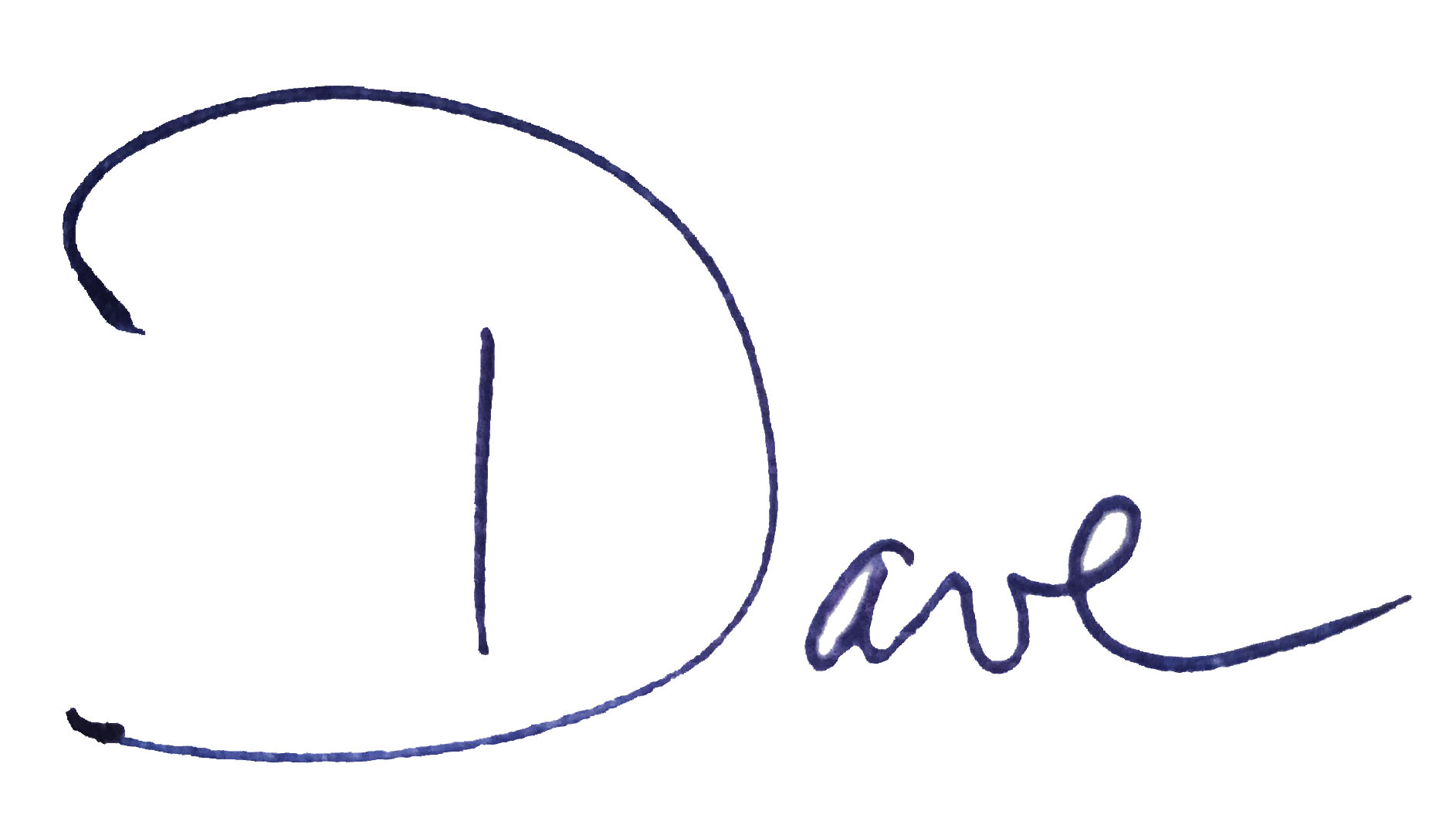“If we are to survive the challenges we face, we must learn to question the beliefs we hold most dear and let go. We must learn to think, feel and act collectively. Ecosystems will give us the opportunity to face and overcome our most important challenge – to dare to act with one heart and one mind. So, let us begin.”
That’s how I concluded my 2016 series on the top ten reasons I believed that ecosystems would emerge as the dominant organizing structure in society. I believed then, as I do now, that we are accelerating through the most transformative time in human history. During my ecosystem series, I used a behavioral psychology framework called Spiral Dynamics to explain the business and societal shifts that were and continue to rapidly emerge. The Millennial generation’s affinity for sharing, co-working and social impact combined with an explosion of open source decentralized technologies like blockchain all point to a new more participatory world. A world where ecosystems supplant industries and competition gives way to collective value creation.
Blockchain and Decentralized Ecosystems
When I concluded my ecosystem series with the words “let us begin”, I wasn’t sure just how I would take action. I knew I wanted to do more than just write about and promote the future. I briefly led a disruptive innovation team around emerging technologies IoT and Augmented/Virtual Reality, but when the blockchain industry exploded in the second half of 2017, I jumped at the opportunity to work again with my colleague and dear friend Andreas Freund on blockchain. While I sometimes joke that I introduced Andreas to blockchain, he embraced the technology early and has become a leading thinker and visionary. Deciding to work with him was a no brainer. So, in the fall of 2017, I began advising clients on the immensely disruptive power of blockchain technology to facilitate decentralized ecosystems.
Because Blockchain was still in its infancy when I wrote my ecosystems series, I had not understood the extent of its disruptive potential. I realize now that the most promising aspect of Blockchain is its ability to automate trust, which enables people to exchange value directly without third-party mediation or governance. This ground-breaking capability revolutionizes the way goods and services are traded by enabling an infinite number of trusted peer to peer connections among people drawn together by a common purpose. This accelerates the emergence of self-organizing, decentralized ecosystems and changes the way that value is created and distributed. This not only challenges current industry structures, it has far reaching implications for society. Blockchain makes it possible to create new economically inclusive markets that dissolve boundaries within and between the private, public and civil sectors and transition society toward a new collaborative world of ecosystems. While interoperability, scalability and regulatory compliance remain as key issues to resolve before blockchain reaches its tipping point, I believe these issues will be solved over the next 12-24 months and the world as we know it will never be the same again.
Toward A Decentralized World
Now that I’ve settled into how I can best contribute to the emerging decentralized economy, I’ve also begun writing again. In addition to ecosystems, I’m writing about decentralization, sustainability, social impact and what blockchain means for the private, public and social sectors of the economy. I’ve begun collaborating on these topics, most notably with my #soulsister Danielle Stanko, whose passion for blockchain and sustainability energizes me every day. I’ve invited Danielle and others to contribute their insights to this site. So, stay tuned for our collective thoughts.
It’s a tremendously exciting time to be alive and I’m grateful for the opportunity to be a part of it. If you share the same interest in the emerging decentralized world, please like, comment and/or share this post and if you’re interested in collaborating, feel free to reach out to me directly. I’d love to hear from you.

